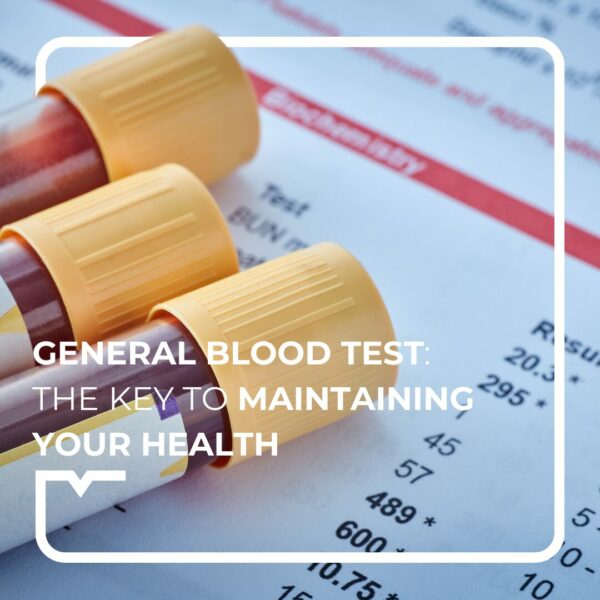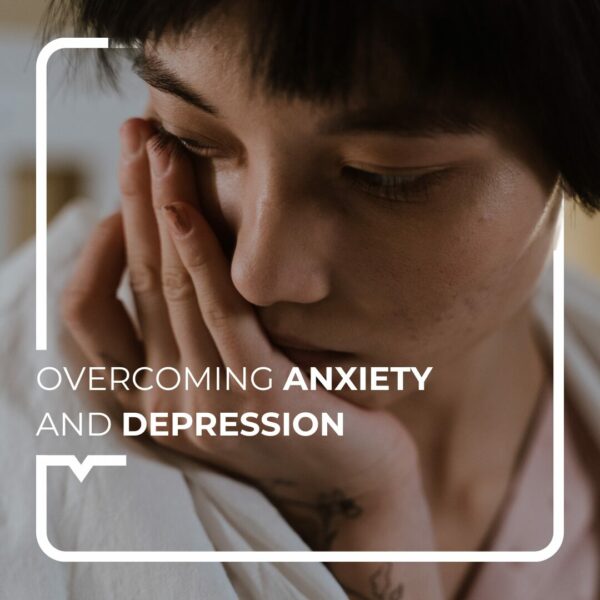My son complains of pain in his abdomen, he is in so much pain that he doubles over, what can I do?
Olà, Dr.Joy here.
It could be appendicitis, don’t panic, I’ll explain everything.
Vamos !
What is appendicitis?
Appendicitis is the inflammation and infection of the appendix, a small sac-like organ attached to the large intestine. The appendix can become blocked by stool, foreign bodies or tumours, which can lead to inflammation and infection.
What are the symptoms?
Common symptoms of appendicitis include:
- Sharp abdominal pain that often starts around the navel before moving down and to the right side of the abdomen.
- Nausea (vomiting)
- Fever
- Constipation or diarrhoea
- Bloating and gas
The pain may be worse when the right lower abdominal area is affected and may worsen over time.
How is appendicitis diagnosed?
If you have symptoms of appendicitis, you should see a doctor as soon as possible. Diagnosis is usually made through a combination of tests:
Clinical examination
Blood tests
Imaging tests (ultrasound or CT scan)
How can it be treated?
If the diagnosis of appendicitis is confirmed, a surgical procedure called an appendectomy, performed under general anaesthesia, is planned to remove the infected appendix. There are two appendectomy techniques:
- Laparoscopic appendectomy: the surgeon makes several small incisions in the abdomen, through which he or she inserts instruments to remove the appendix using a camera. This approach is often used when the inflammation of the appendix is not severe and there are no apparent serious complications. It is also preferred in patients who want a quicker recovery and more discreet scars.
- Open appendectomy: The surgeon makes an incision in the lower right part of the abdomen. This technique is preferred in cases of severe inflammation, suspected complications, pre-existing conditions making it difficult to use laparoscopy or advanced pregnancy.
While waiting for surgery, it may be recommended to refrain from eating or drinking anything to avoid potential complications. Pain medication may be prescribed to relieve pain and antibiotics may be given to treat infection.
After the appendectomy, it is important to follow the doctor’s instructions for recovery. Most people can return to normal activities after a few weeks, although this depends on the extent of the infection and the surgical method used.
Seen you soon,
Beijinhos,
Dr. Joy!
This information is not a substitute for medical advice.
You must seek the advice of your doctor or another qualified health professional with any questions you may have regarding your health condition.



